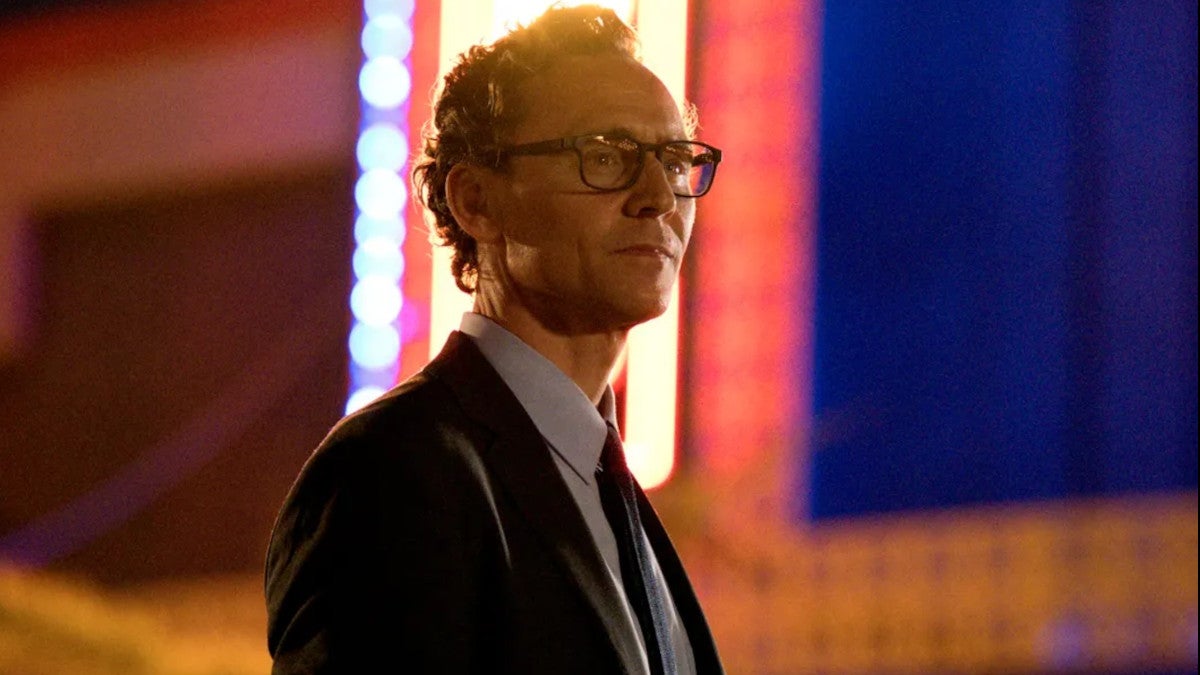Coffee culture refers to the social atmosphere and rituals surrounding the consumption of coffee. It encompasses the ways in which people interact with coffee, from the brewing process to the social settings where it is consumed. It has become a significant aspect of many people’s lives and has evolved into a global phenomenon. In this article, we will explore the history of coffee culture, its current impact on people, and what we can expect in the future.
History of coffee culture
The history of coffee culture can be traced back to the 15th century, when coffee originated in the Middle East. It was initially consumed in religious ceremonies before spreading to coffee houses in Turkey, where people gathered to socialise and engage in intellectual discussions. The trend soon spread to Europe and the Americas, with coffee houses becoming popular meeting places for artists, writers and intellectuals. Coffee culture was further propelled by the emergence of coffee shops, which became popular in the 20th century, offering a relaxed atmosphere for people to enjoy coffee and socialise.
Current impact of coffee culture
Today, coffee culture has become a way of life for many people worldwide. It has become more than just a morning ritual, and something closer to a social and cultural experience. People use coffee shops as places to meet friends, have business meetings, or work remotely. Many coffee shops have become a hub for digital nomads, freelancers and students. Coffee has also evolved beyond the traditional hot coffee with the introduction of new brewing methods, flavours and beverages such as iced coffee, cold brew and espresso. Coffee culture has also had a significant economic impact on the industry, with the global coffee market valued at over $100 billion.
The future of coffee culture
The future of coffee culture looks promising, with new trends and innovations expected. One such trend is the introduction of new brewing methods, such as nitro coffee, which infuses coffee with nitrogen gas, creating a creamy texture and a foamy head. Additionally, the rise of speciality coffee shops has created a demand for high-quality, sustainably sourced coffee beans, leading to a rise in direct trade and fair trade practices. In terms of coffee spaces, the future may see an increase in co-working spaces within coffee shops, catering to the growing number of people who work remotely. Furthermore, with the rise of technology, coffee shops may integrate digital experiences such as augmented reality, virtual reality and artificial intelligence to enhance the coffee drinking experience.
Conclusion
In conclusion, coffee culture has come a long way from its origins in the Middle East, evolving into a global phenomenon. It has become an integral part of people’s lives, with coffee shops becoming popular social spaces. The future of coffee culture looks promising, with new trends and innovations expected to enhance the coffee drinking experience. With its cultural and social significance, it is no wonder that coffee culture has become a fundamental aspect of people’s lives worldwide.





